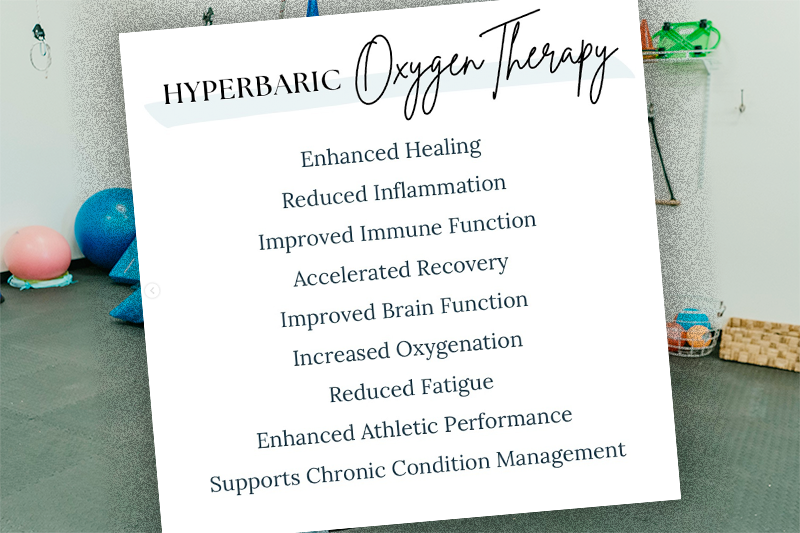Blog
The Overuse of Antibiotics: A Looming Threat to Global Health

Antibiotics revolutionized modern medicine, providing an effective means to combat bacterial infections. However, their overuse and misuse have led to the emergence of antibiotic-resistant bacteria, posing a significant threat to global health. The misuse of antibiotics is not only endangering our ability to treat common infections but also undermining medical advancements in various fields. In this blog, we will explore the consequences of antibiotic overuse, shed light on the factors driving this issue, and discuss the urgent need for responsible antibiotic stewardship.
The Rise of Antibiotic Resistance: Antibiotic resistance occurs when bacteria evolve and become immune to the drugs designed to kill them. The overuse and misuse of antibiotics are major contributors to this growing problem. When antibiotics are prescribed unnecessarily or taken incorrectly, bacteria have the opportunity to adapt and develop resistance mechanisms. As a result, infections that were once easily treatable become increasingly challenging to manage, leading to prolonged illness, increased mortality rates, and higher healthcare costs.
Consequences of Antibiotic Overuse:
- Limited Treatment Options: Antibiotic resistance reduces the effectiveness of existing drugs, limiting treatment options for bacterial infections. In some cases, infections may become untreatable, leaving patients vulnerable to severe complications or even death.
- Prolonged Illness and Increased Healthcare Burden: Antibiotic-resistant infections often take longer to treat, requiring stronger medications, hospitalization, and more intensive care. This not only puts a strain on healthcare systems but also places an additional burden on patients, resulting in prolonged illness and increased medical expenses.
- Compromised Surgical Procedures: Antibiotics are crucial in preventing infections during surgical procedures. However, the rise of antibiotic-resistant bacteria compromises the success of surgeries, making patients susceptible to post-operative infections and leading to higher rates of surgical complications.
Factors Driving Antibiotic Overuse:
- Misinformation and Patient Demand: Patients often expect antibiotics for viral illnesses, such as the common cold or flu, despite antibiotics being ineffective against viruses. This misconception, fueled by misinformation or a desire for quick relief, leads to unnecessary antibiotic prescriptions.
- Prescribing Practices: Healthcare professionals face various challenges, including time constraints and diagnostic uncertainties, which can lead to the over-prescription of antibiotics. In some cases, healthcare providers may prescribe broad-spectrum antibiotics when targeted therapy would be more appropriate.
- Agricultural Use: The use of antibiotics in livestock and agriculture is a significant contributor to antibiotic resistance. Antibiotics are commonly administered to healthy animals for growth promotion and disease prevention, leading to the spread of resistant bacteria through the food chain.
Promoting Responsible Antibiotic Stewardship:
- Public Education: Raising awareness about the appropriate use of antibiotics is essential in combating overuse. Education campaigns can help inform the public about the differences between viral and bacterial infections, the importance of completing prescribed antibiotic courses, and the risks associated with antibiotic misuse.
- Strengthening Prescription Practices: Healthcare providers should be encouraged to adopt evidence-based guidelines for antibiotic prescribing. This includes utilizing diagnostic tests to confirm bacterial infections, prescribing narrow-spectrum antibiotics when possible, and promoting alternatives to antibiotics when appropriate.
- Regulation and Policies: Governments and regulatory bodies should enforce stricter regulations on antibiotic use in agriculture and livestock production. This includes phasing out the use of antibiotics for growth promotion and promoting responsible use in veterinary medicine.
- Research and Development: Investment in research and development for new antibiotics and alternative therapies is crucial to combat antibiotic resistance. It is essential to encourage innovation in the field of antimicrobial drugs to stay ahead of evolving resistant bacteria.
The overuse of antibiotics is a pressing global issue that demands immediate action. The consequences of antibiotic resistance extend far beyond healthcare, impacting economies, food production, and our ability to combat
‹ Back









